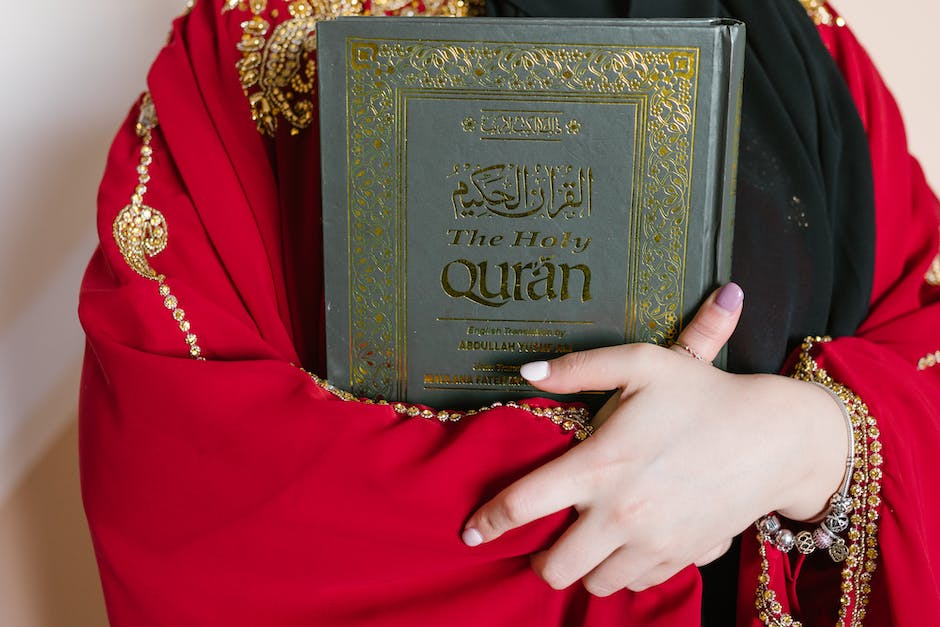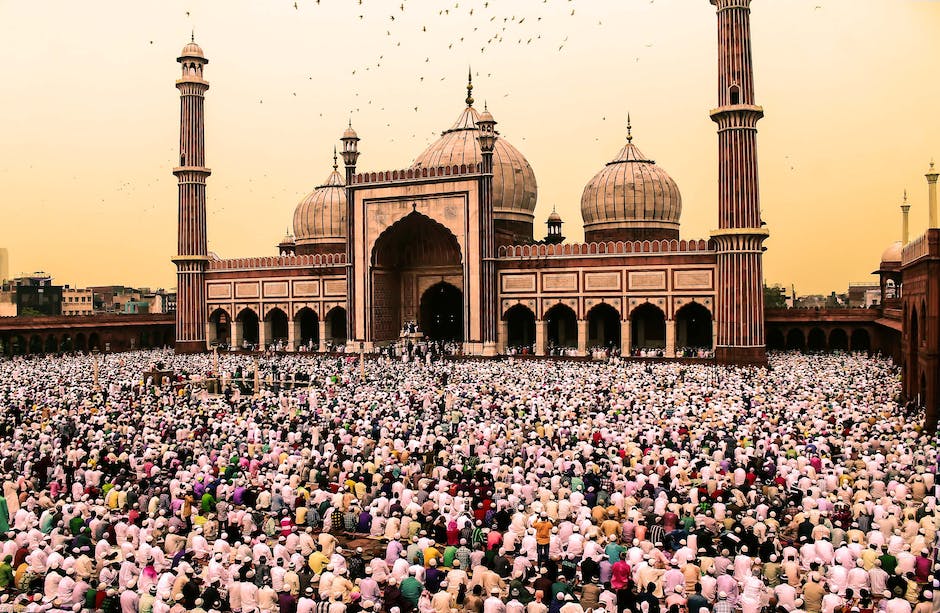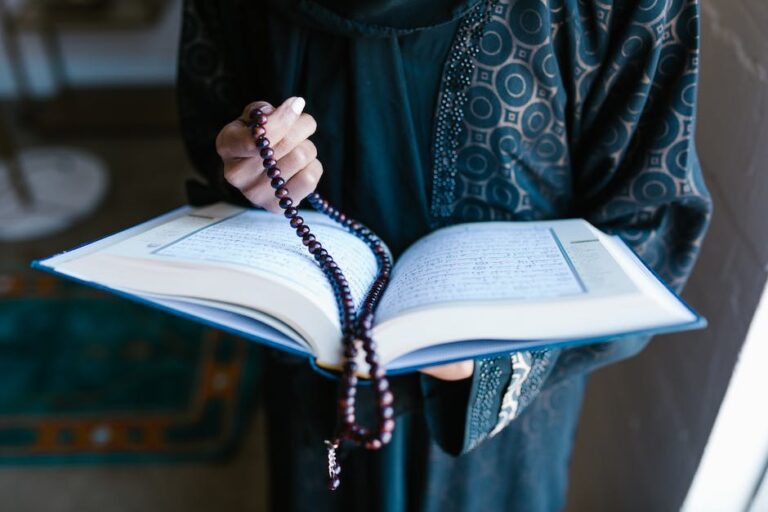Understanding the Five Pillars of Islam: Shahada
Islam is one of the world’s major religions, with over 1.8 billion followers around the globe. One of the fundamental aspects of Islam is the Five Pillars, which are five basic pillars of faith, worship, and obedience to Allah. The Five Pillars represent the foundation of a Muslim’s life and the core beliefs of Islam. They are considered to be the five most important practices for Muslims to live a fulfilling life, achieve salvation, and draw closer to Allah.
The Five Pillars include the Shahada (faith declaration), Salat (daily prayer), Zakat (charity), Sawm (fasting during Ramadan), and Hajj (pilgrimage to Mecca). Each of these pillars represents an essential aspect of Muslim faith, and when followed with sincerity, helps a Muslim grow closer to Allah, deepen their faith, and develop an Islamic way of life.
Definition and Importance of Shahada
The Shahada is the first and most important pillar of Islam, which is the declaration of faith in Allah as the one true God, and Prophet Muhammad as his final messenger. The Arabic text of the Shahada is “La ilaha illa Allah, Muhammadun rasoolullah,” which translates to “There is no god but Allah, and Muhammad is the messenger of Allah.”
Essentially, the Shahada serves as the threshold of entry into Islam and sets the foundation for the remaining four pillars. Faith in Allah and His messenger is the core of Islam, and the Shahada is the belief that shapes Muslims’ worldview and helps them lead a virtuous life.
Arabic Text and Translation of Shahada
The Shahada is among the most renowned Islamic phrases and is recited on several occasions, including when converting to Islam, during the call to prayer, before prayer, and in times of distress. It is often recited in Arabic as it is part of the Islamic tradition, but its translation is perfectly valid.
The Arabic text of the Shahada is as follows: “لا إله إلا الله محمد رسول الله”
A rough translation of the Shahada is “There is no god but Allah, and Muhammad is the messenger of Allah.” It conveys the central tenet of Islam, which is the oneness of Allah and the role of Muhammad in delivering His message to humanity.
In summary, the Shahada is the essential foundation of Islamic belief and serves as the gateway to Islam. By professing faith in Allah and His messenger, Muslims assert their devotion to Islam’s core values and demonstrate their commitment to the Five Pillars.
Understanding the Deeper Meaning of Shahada
While the Shahada’s meaning is relatively straightforward, its implications entail a more profound understanding of Islam’s principles. At its core, the Shahada affirms the oneness of Allah, that He is the sole creator, and His existence prevails over all else. This tenet underlines the Islamic belief of the sovereignty of God, who alone is worthy of service and worship.
By declaring Prophet Muhammad as Allah’s messenger, the Shahada cements the belief in the prophet’s prophethood and that he is the final messenger of God. As such, his teachings and example serve as the foundation of Islamic guidance, helping followers live a pious, ethical life.

The Role of Shahada in Islamic Prayer
The Shahada plays an integral role in Islamic prayer, where it serves as an opening statement to acknowledge Allah’s presence and seek His guidance. Muslims recite the Shahada during the Adhan, the call to prayer, before every prayer, and as a form of supplication.
Through the Shahada, Muslims demonstrate their submission to Allah, affirming His uniqueness and seeking His mercy and guidance. By reciting the Shahada in prayer, Muslims renew their covenant with Allah, reaffirm their faith, and seek forgiveness for past wrongdoings.
How to Recite Shahada Properly
Muslims believe that reciting the Shahada is a necessary part of their faith. It is recited in Arabic- the language in which the Qur’an was revealed. To recite it correctly, one needs to understand its pronunciation and meanings.
The word “Allah” is pronounced as “Al-lah,” with the emphasis on the first syllable. The word “Muhammad” is pronounced as “Moo-ham-mad,” with the emphasis on the second syllable. It is essential to recite the Shahada with sincerity and conviction, not merely as a formality.
In summary, the Shahada holds immense significance in Islam, serving as the gateway to the faith and an affirmation of Allah’s divine wisdom and messenger’s authenticity. Reciting it during prayer enhances the spiritual connection with Allah and demonstrates true devotion to the Islamic faith.
Famous Muslim Figures and Their Journey to Shahada
Throughout history, many famous Muslim figures have embraced Islam and recited the Shahada. One of the most prominent figures is Malcolm X, a human rights activist who discovered Islam while serving a prison sentence. After his release, he became a prominent figure within the Nation of Islam before converting to Sunni Islam and making the pilgrimage to Mecca.
Another famous Muslim figure is Muhammad Ali, a renowned boxer who converted to Islam in 1964 and changed his name from Cassius Clay. He considered his conversion to the Islamic faith a turning point in his life that helped him prioritize his beliefs and become a more compassionate and truthful person.
These are just two examples of prominent Muslim figures who have recited the Shahada. However, millions of Muslims worldwide, famous and ordinary, convert to Islam every year and recite the Shahada to signify their acceptance of the Islamic faith.

Shahada as a Unifying Factor for the Muslim Community
The Shahada serves as a unifying factor for the Muslim community, regardless of a person’s nationality, ethnicity, or race. The declaration of faith in Allah and His messenger creates a unique bond of brotherhood and sisterhood among Muslims, facilitating mutual love, compassion, and solidarity.
When Muslims recite the Shahada, they enter into a covenant with Allah and commit to following His commandments and Prophet Muhammad’s example. The universality of Islam and the Shahada creates a sense of shared purpose and common values that bring Muslims together.
In conclusion, the Shahada is an essential aspect of Islamic faith that represents the declaration of belief in Allah and His messenger. It serves as the foundation for all other practices of the Islamic faith and the unifying factor for the global Muslim community. Reciting the Shahada affirms one’s part of the larger Muslim Ummah and the commitment to lead a virtuous life guided by the teachings of Islam.







